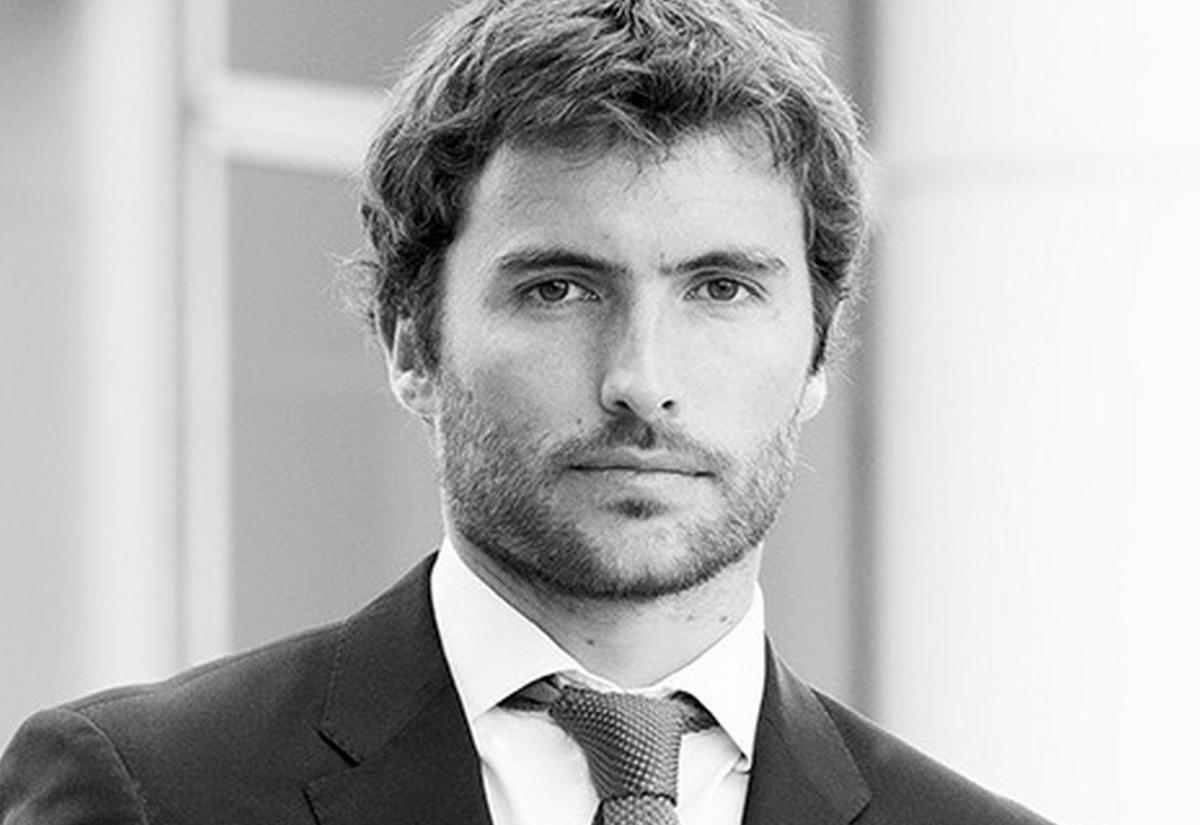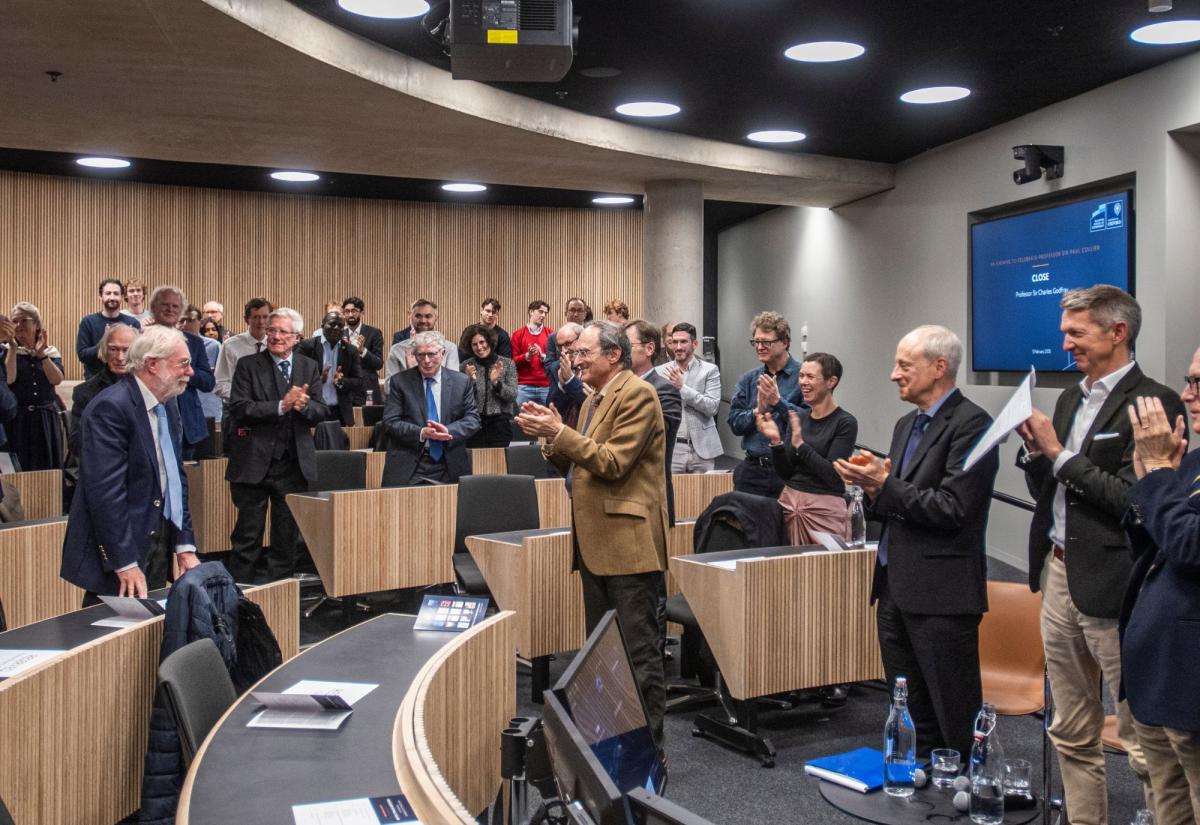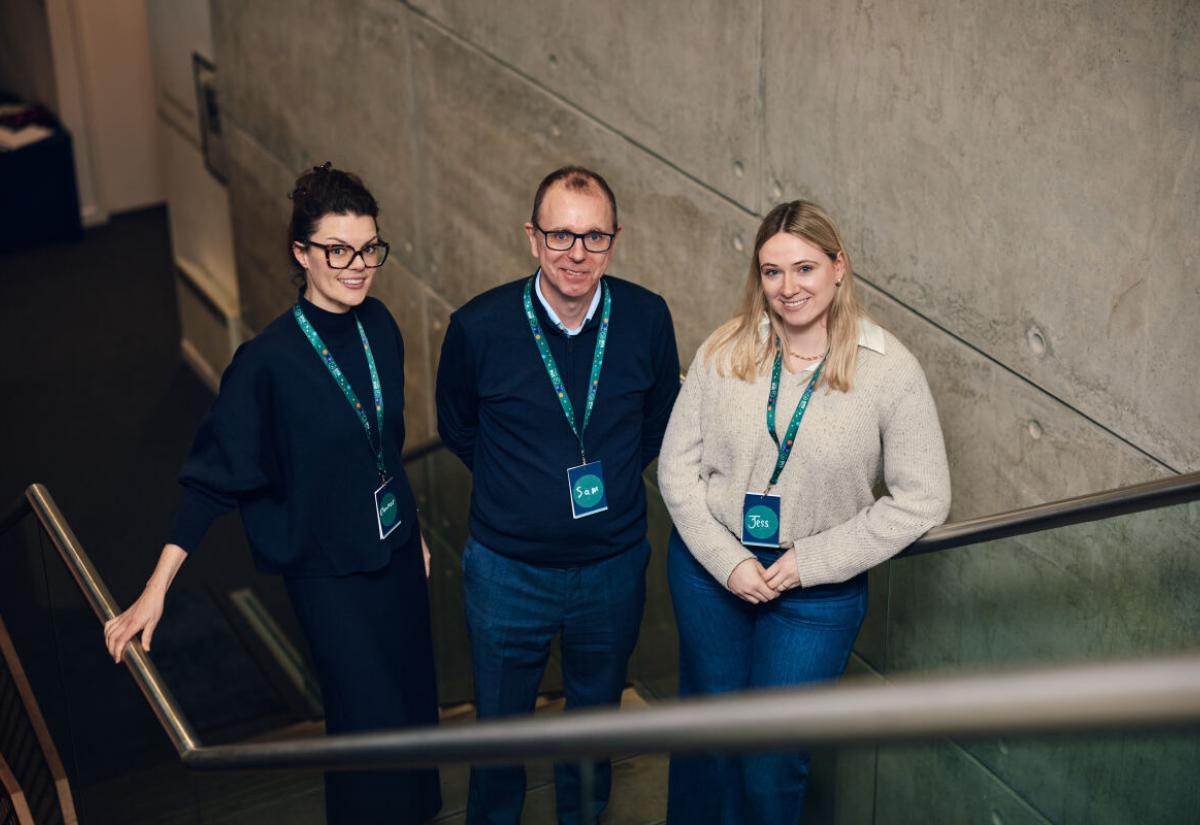
Photo: Hufton + Crow
The Blavatnik School building might be closed, but our staff members are working from home and many among our faculty are assembling at speed evidence needed by governments and citizens worldwide. Here is a summary of some new projects we are working on to understand the COVID-19 pandemic and the policy responses we are seeing around the world.
- Tracking what governments around the world are doing, and how they compare to others. We recently launched the first Oxford COVID-19 Government Response Tracker, which tracks and compares policy responses of governments tackling the coronavirus outbreak around the world. It is designed to systematically record government responses worldwide and aggregate the scores into a common ‘Stringency Index’ which aims to help researchers, policymakers and citizens understand whether increasingly strict measures affect the rate of infection, and identify what causes governments to implement stricter or less strict measures. Led by Thomas Hale at the Blavatnik School, the project brings together a cross-disciplinary Oxford University team of academics and students, including Anna Petherick, Toby Phillips, and many Blavatnik School students and alumni.
- An important opportunity in this crisis is to consider what we can learn about how to work better remotely. The School’s new People in Government Lab, led by Margarita Gomez, is considering this and Margarita is also participating in an international survey on coronavirus led by research teams across ten different institutions, collecting survey data on how citizens prepare for and cope with the pandemic.
- Many governments are concerned about the legal duties and constraints on what they can do, and Talita de Souza Dias and Antonio Coco from the Oxford Institute of Ethics, Law and Armed Conflict have written on COVID-19 and international law. They revisit a fundamental principle of international law, due diligence: whether a state has employed its best efforts to address certain risks, threats or harms. They examine the legal framework underpinning governments’ duties, considering due diligence obligations within the specific World Health Organization framework as well as the international rules on the prevention of disasters.
- The ethics of treating (or not treating) those infected with coronavirus have quickly come to the fore. Jonathan Wolff has been consulted by a health trust on the ethics around allocating intensive care unit (ICU) beds when they become scarce. He supports the growing consensus that a purely age-based allocation is not justified: capacity to benefit, with an adjustment for cumulative disadvantage (if possible), is more widely acceptable and better supported by moral argument. He notes that the best approach is of course to increase capacity and reduce infections so that the hardest decisions are not needed, which is the line governments around the world are following. He also notes that in the tragic case that not enough ICU beds are available to those who need them, those who do not have access should be treated with utmost humanity, and provided with the best available palliative care.
- The economic impacts of the crisis are being considered by Eric Beinhocker and the Institute for New Economic Thinking (INET) which is modelling the economic impacts of the crisis and policy responses. Eric has also been working with US policymakers on including a nationwide payroll guarantee (similar to what the UK, France, and Germany have done) as a part of the US economic stimulus programme.
- How to police new restrictions on citizens is a concern for all countries and Chris Stone is conducting empirical, open-source research on how police powers are being increased and how police are using their new powers in different countries. In addition to gathering information about police enforcement of emergency orders and new criminal laws, he is examining how respect and appreciation for the police may be growing in some contexts, and police-citizen friction increasing in others.
- Assessing immunity to COVID-19. Anna Petherick, who has a background in medical science, has written on progress in the development of antibody tests for SARS-CoV-2 and on how such tests would be beneficial to governments, both for testing healthcare workers and as a tool to help countries resume normal activity. The article is published in The Lancet.
- The GO Lab launched a peer learning group (ERGO - Emergency Response and Government Outcomes) and carried out a rapid review of the implications of the current situation on service delivery. There is also a curated list of resources relevant to public service delivery.
- Kate Orkin, in the Mind and Behaviour Research Group, has been doing public advocacy around what will make for successful behavioural messaging – a summary is available on the University of Oxford’s Science Blog. Kate is also doing some work on potential social security responses in developing countries.
- A paper by a team of academics including Lukas Hensel, Postdoctoral Research Fellow in Development Economics, examines the rise in economic anxieties among the public in anticipation of the economic fallout generated by the coronavirus.
- Educating children who are out of school. To date 165 countries have totally closed their schools with over 1.5 billion children out of school. Elizabeth Stuart from Digital Pathways at Oxford convened a global meeting on the digital provision of education. The result has been to catalyse a more co-ordinated response in education bringing together the key players from academia, the University, the World Bank, UN and governments. In partnership with the Education Technology Hub that Rachel Hinton (DfID and Fellow of Practice in the Blavatnik School) leads at DFID, the School will develop new products including (i) quick-response policy briefs to help mitigate the crisis as it unfolds to mitigate its effects once schools re-open; (ii) working papers to rapidly stimulate the academic dialogue worldwide; and (iii) academic publications to form a solid evidence base for bridging the divides caused by the education crisis.
- Finally, in the first of what will be a number of teaching case studies, Karthik Ramanna and Sarah McAra are already working on a COVID-19 case study which focuses, among other things, on capacity planning and specialisation in hospital networks, including collaboration with private hospitals, the ethics of patient triaging, psychological care for healthcare workers, and continuing training for junior doctors. This forms part of the Blavatnik School’s Case Centre.
Please note some of these projects and activities are work in progress and we’ll be sharing more about them as they develop.



